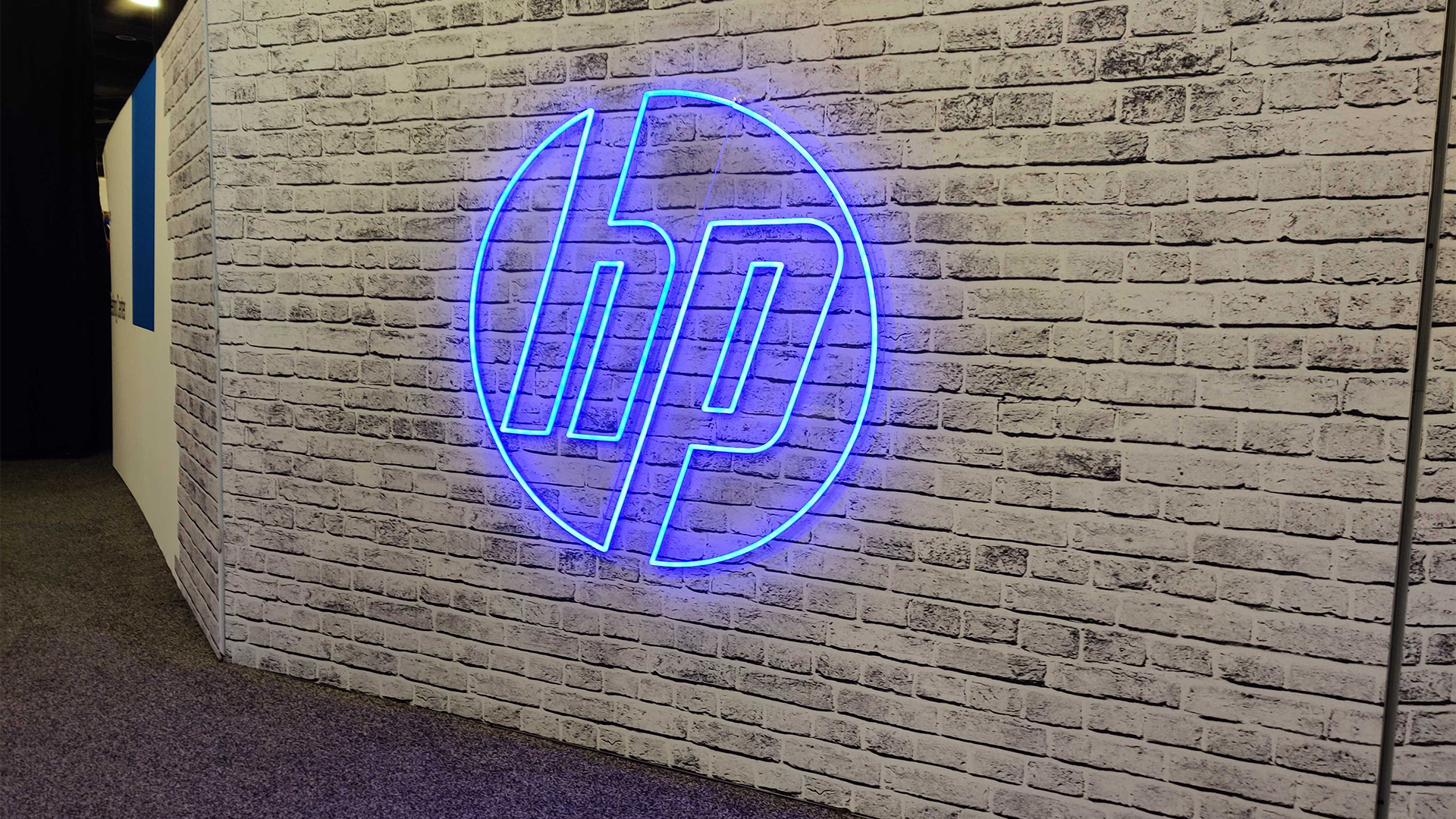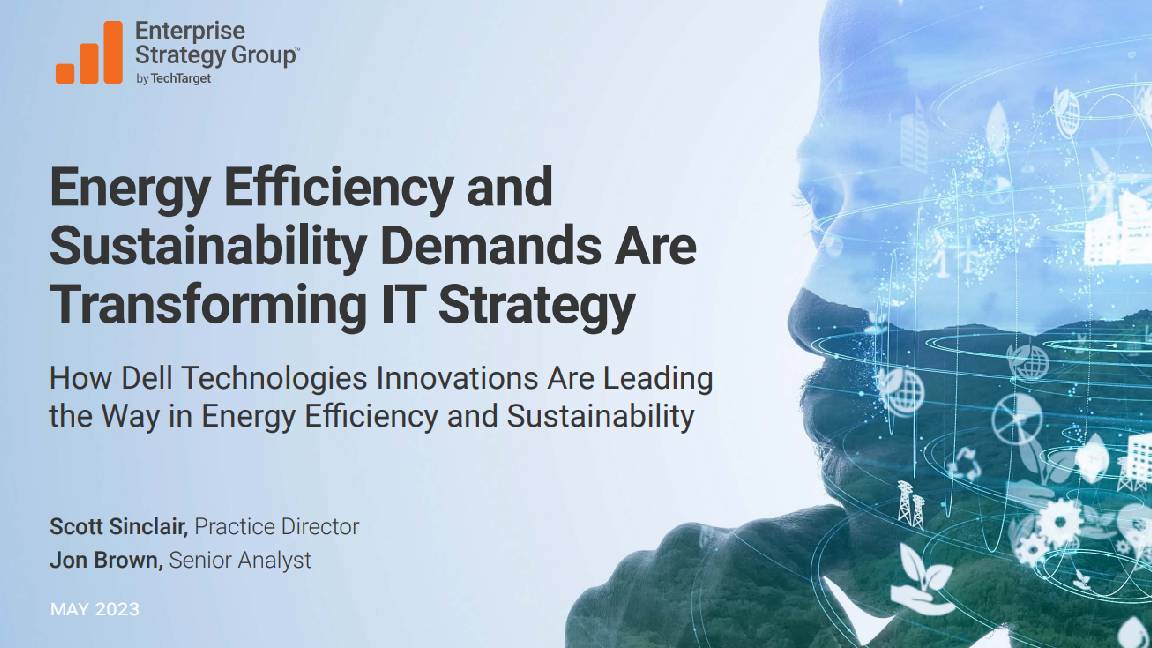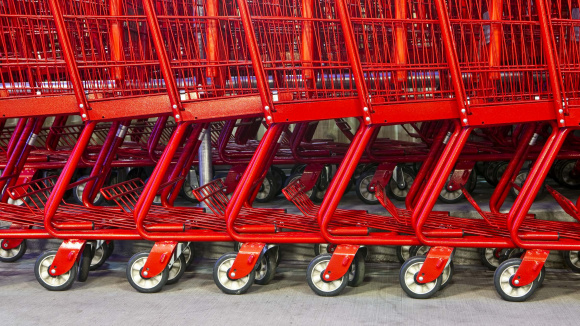IT decision-makers should give the planet what it needs
With millennials increasingly entering the workplace, businesses need to prioritise the environment

Being a sustainable IT business not only boosts the bottom line but serves to strengthen corporate reputation. Early adopters of sustainability within the industry are already at an advantage, but for other businesses, there is pressure from IT decision-makers and stakeholders - including the government, employees and customers - to follow suit.
Sustainability delivers revenue growth
We have seen this happen first-hand in our business, with last year’s sustainable impact report revealing a 35% year-on-year increase in deals where sustainability was a requirement within the supply chain. This led to revenue growth, with an additional £745 million in new revenue won.
But why? Sustainability matters to today’s IT decision-makers. Millennials have been rising up the ranks and are now in positions of power professionally – with 73% of millennials involved in purchasing decisions of their companies, according to analyst house Forrester.
For younger workers, sustainability is important. Research suggests 83% of millennials suggest it’s important for companies to implement environmental programmes, and 75% said they would change their purchasing habits to reduce their environmental impact. What’s more, 66% of consumers said they would spend more with a brand they perceived to be sustainable than with a less environmentally conscious competitor.
Millennials don’t abandon their principles in an office environment, and they don’t distinguish between consumer and business IT. They value authentic, lasting relationships and care beyond cost when it comes to IT procurement with corporate reputation being the key. If they don’t believe a company is meeting the sustainability standards they expect, they will wield their purchasing power accordingly.
Calls for a circular economy
IT decision-makers are not alone in making sustainability a priority. Increasingly, stakeholders are putting pressure on businesses to embrace the circular economy with the environment in mind. In 2018, the Department for Environment, Food & Rural Affairs (DEFRA) and the Environment Agency (EA) published a strategy on waste and resources that promoted the circular economy.
The impact of this strategy is that there is now an urgency for businesses, including those in the IT industry, to recover and recycle resources and use them for as long as possible – then regenerate them again to give them a new lease of life rather than sending them to landfill. According to Accenture, the circular economy could create £3.71 trillion in additional economic output by 2030.
ChannelPro Newsletter
Stay up to date with the latest Channel industry news and analysis with our twice-weekly newsletter
Recovering and recycling materials
Embracing the circular economy is creating opportunities for early adopters within the IT industry that are adapting to modes of production and operation that use materials as efficiently as possible. By recovering and recycling materials, products can be sustainable by design, and throughout their entire lifecycle.
Change is already underway, and the consequences are clear. Collectively, we are saving £579 billion a year on materials, while IT manufacturers and suppliers are opting for recycled plastic over virgin plastic
As an industry, we should hold ourselves accountable in our strive towards sustainability. All eyes are on IT businesses as we challenge ourselves and our competitors to do more for our planet. And as this is a global issue, it should be addressed with solutions to fit, that are scalable and can be seeded out across business territories. Ultimately, we all benefit when we work together to invest in our planet, people, and communities, enabling them to thrive.
George Brasher is managing director at HP UK & Ireland
-
 Why keeping track of AI assistants can be a tricky business
Why keeping track of AI assistants can be a tricky businessColumn Making the most of AI assistants means understanding what they can do – and what the workforce wants from them
By Stephen Pritchard
-
 Nvidia braces for a $5.5 billion hit as tariffs reach the semiconductor industry
Nvidia braces for a $5.5 billion hit as tariffs reach the semiconductor industryNews The chipmaker says its H20 chips need a special license as its share price plummets
By Bobby Hellard
-
 HP’s sustainability drive is paying off for channel partners
HP’s sustainability drive is paying off for channel partnersNews Channel partners that bought into HP’s sustainability program saw sales increase as customers react positively
By Solomon Klappholz
-
 Beyond the upgrade: How to maximize IT investments and minimize waste
Beyond the upgrade: How to maximize IT investments and minimize wasteHow to maintain optimal performance and productivity with your fleet of hardware and stave off the next upgrade cycle for a bit longer
By ITPro
-
 Energy efficiency and sustainability demands are transforming IT strategy
Energy efficiency and sustainability demands are transforming IT strategywhitepaper How Dell Technologies innovations are leading the way in energy effiency and sustainability
By ITPro
-
 Energy efficiency and sustainability demands are transforming IT strategy
Energy efficiency and sustainability demands are transforming IT strategywhitepaper How Dell Technologies innovations are leading the way in energy effiency and sustainability
By ITPro
-
 Creating successful supply chain planning transformations in the consumer industry
Creating successful supply chain planning transformations in the consumer industryWhitepaper Think differently about SCP transformations and, in doing so, move into a better future for supply chains
By ITPro
-
 Better together
Better togetherWhitepaper Achieve more with Windows 11 and Surface
By ITPro
-
 Transforming the enterprise
Transforming the enterpriseWhitepaper With Intel and CDW
By ITPro
-
 Your guide to smarter printing: 2024 edition
Your guide to smarter printing: 2024 editionWhitepaper Making smarter printing simple for all businesses
By ITPro